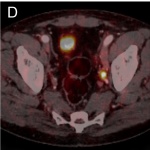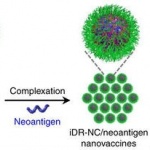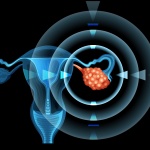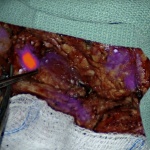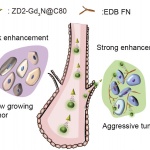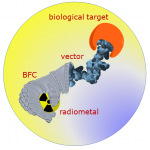
News • Animal testing
Can mice really mirror humans when it comes to cancer?
A new Michigan State University study is helping to answer a pressing question among scientists of just how close mice are to people when it comes to researching cancer. The findings, now published in PLOS Genetics, reveal how mice can actually mimic human breast cancer tissue and its genes, even more so than previously thought, as well as other cancers including lung, oral and esophagus.…




